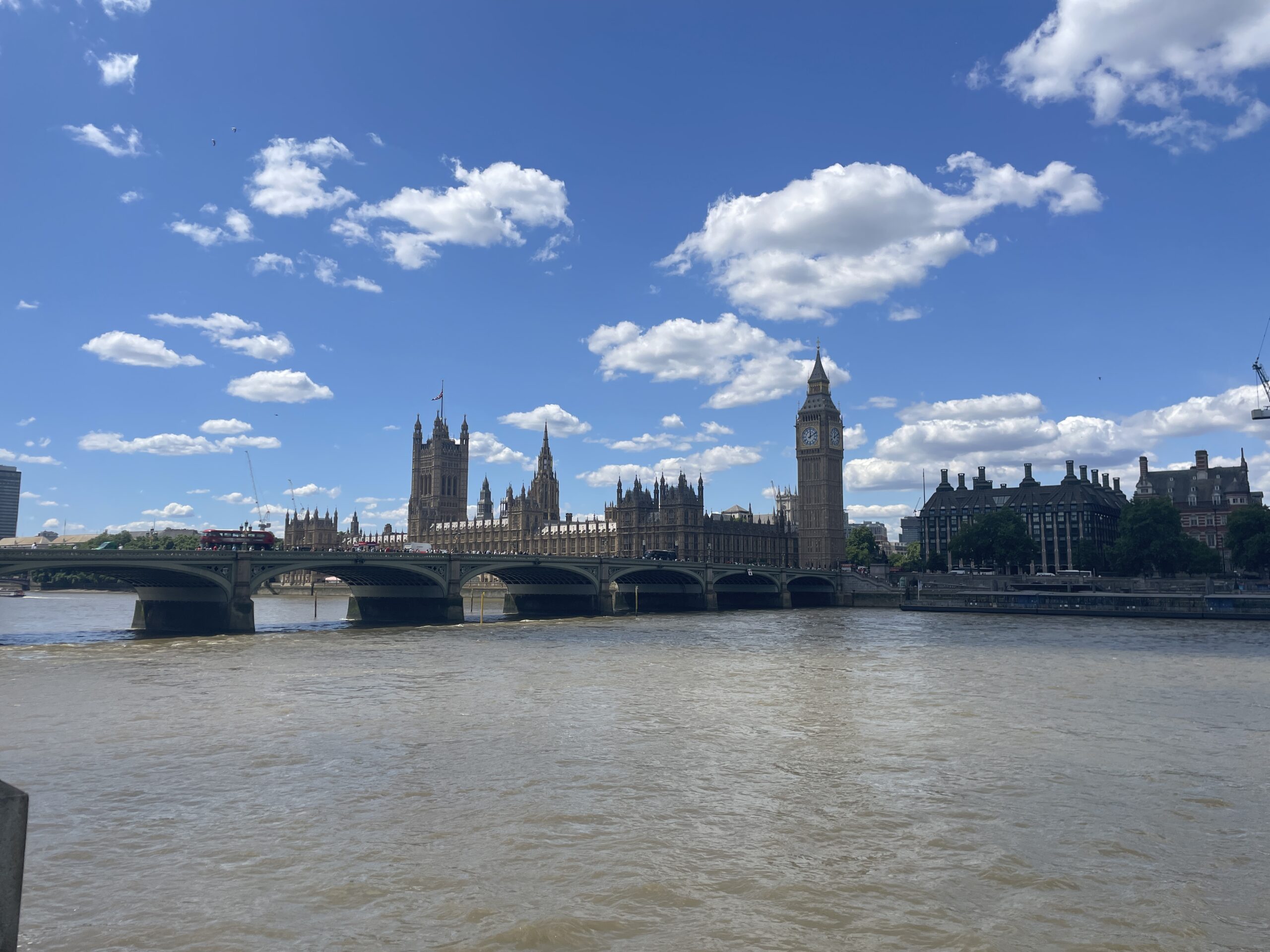Terrorism is not simply an attack on individuals; it is an assault on our way of life, on our shared values and on the very idea of a free and open society. When civilians are targeted, they become proxies of the state. That places on our Government—and on each of us—a special, inescapable obligation to ensure that those citizens are recognised, supported and treated with dignity. Yet historically that obligation has not been fulfilled.
Previous Governments promised change and failed to follow through, offering thoughts and prayers when the world’s media was watching, then quietly ignoring victims once the cameras left. Like many, I assumed backing victims of terrorism was a given. But when my constituent, 19-year-old Travis Frain, contacted me after surviving the Westminster Bridge attack in March 2017, I realised how deeply flawed our response has been.
Travis Frain told me: “I was walking across Westminster Bridge with friends when a car struck me. I spent eight days in hospital and underwent two operations. The emergency care was incredible, but once I left the hospital, support vanished. No liaison officer, no police contact, no follow-up. I was told to ring my GP, then waited weeks. My stitches stayed in too long, scarring me unnecessarily. I asked for physiotherapy and help to process my trauma. Six weeks later, I was offered non-contact physio–just exercises on a sheet of paper–and told to come back in a few months.
“Thirteen weeks passed before any psychiatric assessment. By then I was living with nightmares and insomnia. The only advice doctors gave was to open my window for an hour a day and drink warm milk before bed. With no official support, I was forced to use my student finance to pay for private medical treatment, plunging my family into financial hardship when the entire country would have assumed and expected the Government would wrap around me and other survivors to provide us with support. Since the attack, I have been working with other victims to improve support for victims of future attacks. Survivors of terror can be an incredibly powerful voice in the prevention of future attacks, but only if we are afforded the support and assistance we need. By investing in this support, we are not only investing in survivors’ recovery, but in a more secure and safer Britain.”
Travis’s testimony reveals a passive, fragmented system. That’s why I champion the Survivors’ Charter. After a 2019 campaign, both major parties pledged to consult on this blueprint for justice and dignity. Six years on, progress remains limited. Its eight essential tenets are:
Proactive personal support
Dedicated caseworkers, continuity of care and a permanent database to ensure no survivor slips through the cracks.
Rapid psychological triage and services
Immediate access to trauma counselling to prevent long waits and worsening distress.
Immediate financial assistance
To cover urgent costs such as travel, funerals or lost income.
State compensation funds
Reforming the Criminal Injuries Compensation Scheme, which currently demands reams of paperwork, retraumatises victims and awards stingy sums.
Guaranteed legal support
Survivors should be provided guidance through coroners’ inquests, criminal trials, civil claims and compensation appeals.
Recognition
A National Day of Remembrance for victims, bringing the UK into line with France, Spain, Germany, Canada and the United States.
Memorialisation
A permanent national memorial for British victims of terrorism at home and overseas, educating future generations.
Comprehensive long-term support
Proactive, resourced care for months and years beyond an attack, with special provision for children, young people and under-represented communities.
Taken together, these tenets demand immediate action to remedy years of neglect. Victims of terrorism have waited through repeated reviews, many of which remain unpublished or unimplemented.
Survivors’ unanimous message is that the current system fails to recognise terrorism’s unique impact, fails to treat victims as British citizens targeted for who they are, and fails to uphold the dignity every survivor deserves. Last month’s partial Home Office review finally saw light after two years on a minister’s desk, yet only two of its 63 recommendations were released. Publishing the rest—and funding implementation—must happen now.
The UK for too long has failed to support the victims of terrorism – this has got to change

Andy MacNae MP
Andy MacNae is the Labour MP for Rossendale and Darwen, and was elected in July 2024.
Travis D. Frain OBE DL
Travis D. Frain OBE DL survived the terrorist attack on Westminster in March 2017 at the age of just 19 years old. After recovering from his injuries, he began to campaign for improvements in support for victims of terrorism and begun working in the national security space. He currently Heads the Secretariat for the All-Party Parliamentary Group on Terrorism & Security and runs an organisation called Resilience in Unity that focuses on amplifying the voices of lived experience within counterterrorism.

